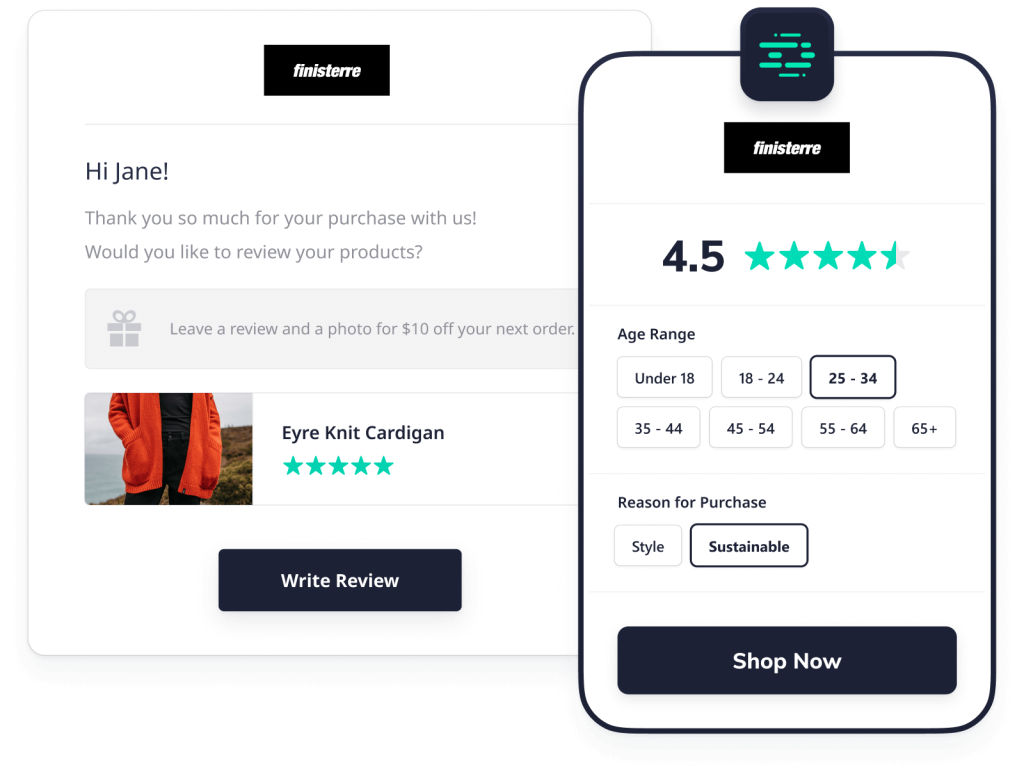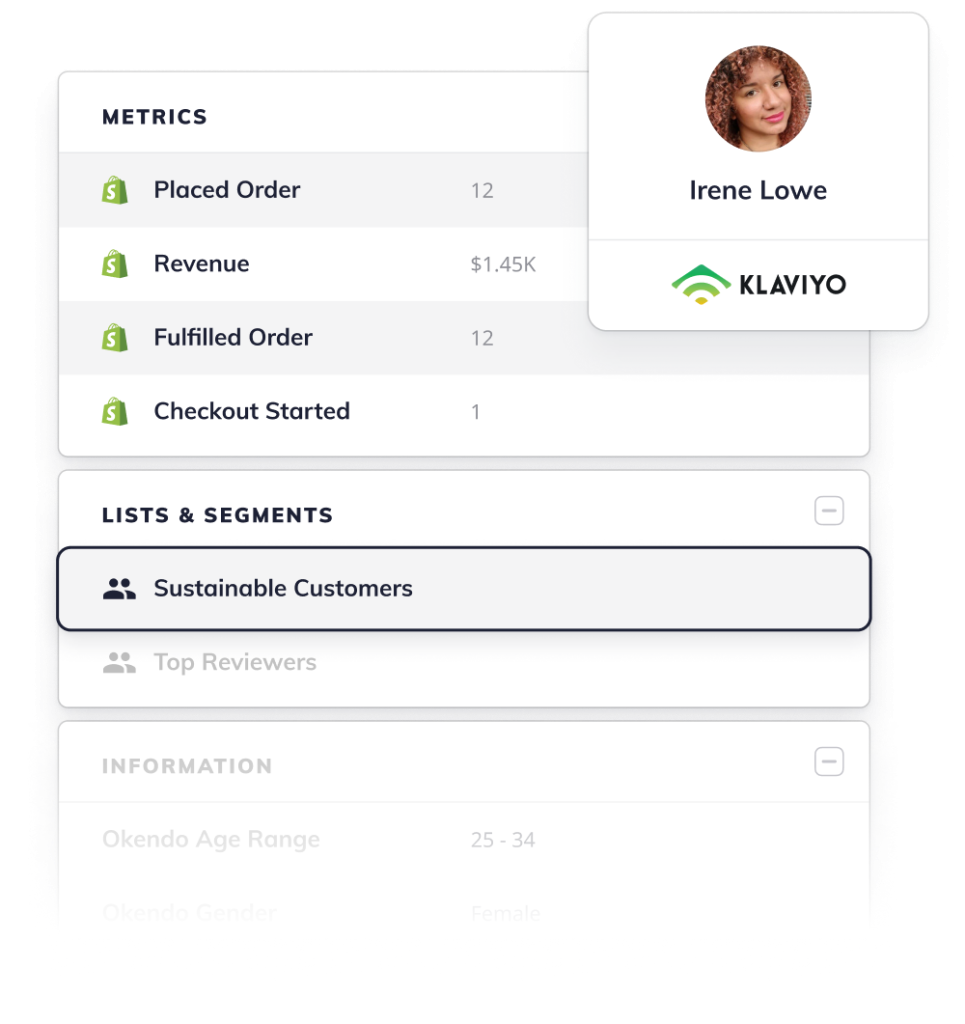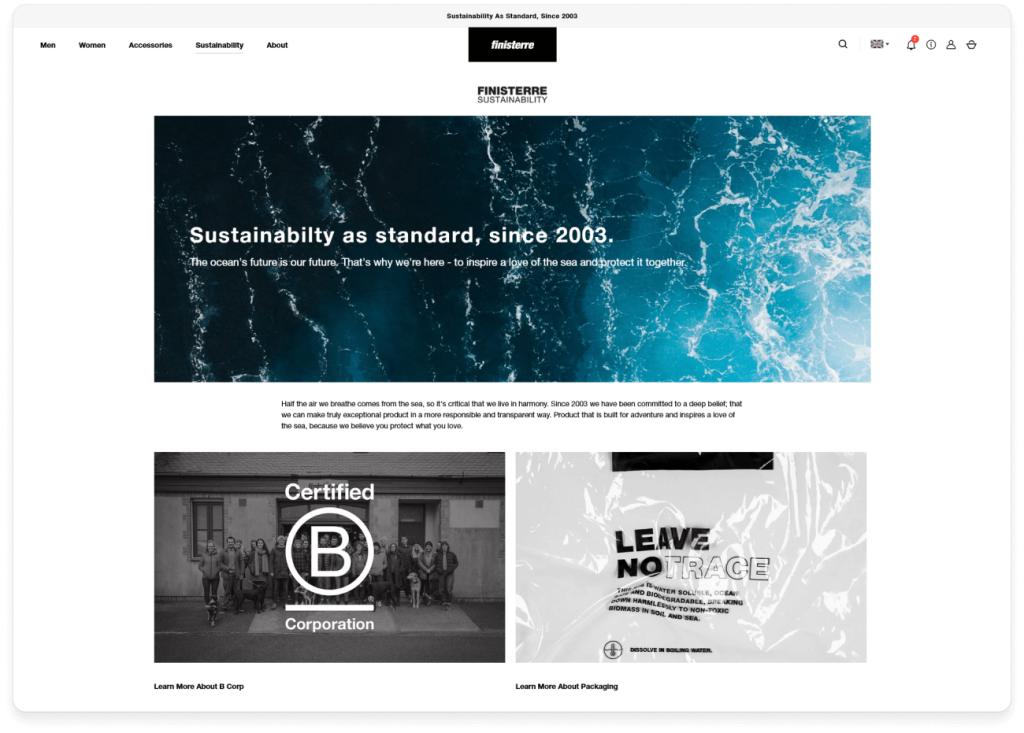
- Uncategorized
Why Zero Party Data Is Crucial For Successful Advertising Post iOS 14.5
Matt Goodman | Feb 15, 2022
Apr 28, 2021 | 6 minute read

Guest Author
Krissie Leyland, Co-Founder of MindfulCommerce


Returns are a huge sustainability issue within e-commerce and a very significant source of carbon emissions.
Firstly, there’s the additional, needless transportation. Much of the traveling that these return packages undertake falls within the “last mile” category – a significant (and rising) source of carbon. A report for the World Economic Forum (WEF) recently found that the growth in last-mile deliveries over the next 10 years will lead to higher emissions in major cities across the world. The report forecasts a 36% rise in the number of delivery vehicles in the world’s top 100 cities by 2030, leading to emissions rising by over 30%.
Secondly, many brands are unable (or unwilling) to resell returned items. These products are discarded; a huge waste of viable resources. A 2018 report from returns technology provider Optoro estimated that e-commerce returns amounted to 6.5 billion USD of landfilled waste in the U.S. alone, and an additional 15 million tons of carbon emitted into the atmosphere.
When it comes to boosting conversion and bolstering social proof, the benefits of adding customer reviews to your e-commerce store are well documented. But did you know that adding user-generated content of this nature can also help your brand become more sustainable?
This short article will outline the ways in which reviews and UGC can help reduce your carbon footprint and spread the message of sustainability to your customers.
Customer reviews play an important role across your e-commerce store. In addition to giving browsing visitors the confidence they need to feel ready to make a purchase and boosting your SEO, reviews also play an important role in product education which as a result, leads to fewer returns.
Product descriptions and information are handy, but they can only go so far. Which would you trust more when trying to decide if a product was really right for you –– a keyword-stuffing copywriter, who’d never seen the item in question, or another customer who had made the purchase and had the first-hand experience of the product?

By reading reviews, people can better inform themselves about the items they’re looking to purchase. This, in turn, leads to more successful purchases, meeting the expectations and needs of the customer in question with a greater degree of accuracy.
Reviews can be further leveraged to drive down return rate by:
All this in addition to the cost savings that you’ll see as a retailer, dealing with fewer processing requests.
Another hidden benefit of reviews when it comes to boosting your sustainability comes from the data that they can provide you with. Reviews are, by their very nature, very personal pieces of content, and as a result, they’re jam-packed with information that can help to sharpen up your personalization efforts.
The information gained from reviews can help refine your customer segmentation. This means that you have the opportunity to get more carefully targeted campaigns in front of your audience, ensuring right-fit products are recommended, further driving down your return rate.

Also, by asking customers to answer specific personal and product attributes related to your brand’s sustainable efforts, you can reasonably suspect that the customers selecting these will be interested in sustainability messaging in the future. For example, you could include a customer attribute to your review request email asking their reason for purchase, adding “sustainable” as one of the options. By doing so, you’ll be able to amp up the effectiveness of your campaigns and ensure that your message of sustainability is reaching those most interested in your cause.

This isn’t something we often consider, but every email we send has a carbon footprint. If you’re leveraging email marketing as a promotional tool, you should make sure that every email is working hard to fulfill its maximum potential, and with segmentation leading to as much as a 300% increase in placed order rate, it’s a great place to start.
Consumers increasingly want to support the brands that they perceived to be in alignment with their own values. In fact, 71% of consumers prefer buying from brands aligned with their values. Whether this comes through responsible sourcing, cause marketing, or an active and forward-thinking approach to carbon reduction, all brands should make sure that they have a story to tell with regard to the efforts that they’re making.

Many brands are now positioning their whole identity upon foundations of sustainability best practice, and to great effect. Sustainable outdoor brand Finnisterre are leading the way here, with their commitment to being a more sustainable brand.
Okendo can help you generate content-rich, reliable reviews, and help you integrate them effectively across your e-commerce store and associated customer communications. This helps you educate your customers to make better purchase decisions with content they’ll actively seek out and trust.
Using customer reviews & UGC to get your return rate down is a win for all parties involved. As a result, you’ll benefit from improved profits, happier customers, and most importantly, cutting the planet some much-needed slack.
If your brand is looking to take steps towards improved sustainability, The MindfulCommerce Community is a free online support and resource group that can help connect you with expert advice and fellow brands trying to make similar moves. Get support and advice from fellow merchants, who can help to recommend other Shopify technologies and best practices for becoming a sustainable brand.

Krissie is a British entrepreneur running as the Co-Founder of Kollectify and MindfulCommerce, both with a mission to grow and support sustainable ecommerce businesses. MindfulCommerce is a community and educational hub – helping ecommerce businesses to be more sustainable and socially impactful by connecting online brands to the tech and services they need to succeed – without costing the Earth. They run regular events and create resources to help navigate sustainability more easily.
Related articles
Ready to learn more?